Psychology
Psychology is the scientific study of mind and behavior. Many people are fascinated by human behavior. Why do we act the way we do, and how is our behavior influenced? By measuring behavior, you can discover and understand a lot about human life, and what drives humans. Dive into developmental psychology, parent-child interaction, mental disorders research, and emotion analysis.

PCIT: Parent-Child Interaction Therapy
What is Parent-Child Interaction Therapy? It helps improve family dynamics by working to reduce negative behavior and interactions, and to practice new behaviors and ways of communicating that are more encouraging.
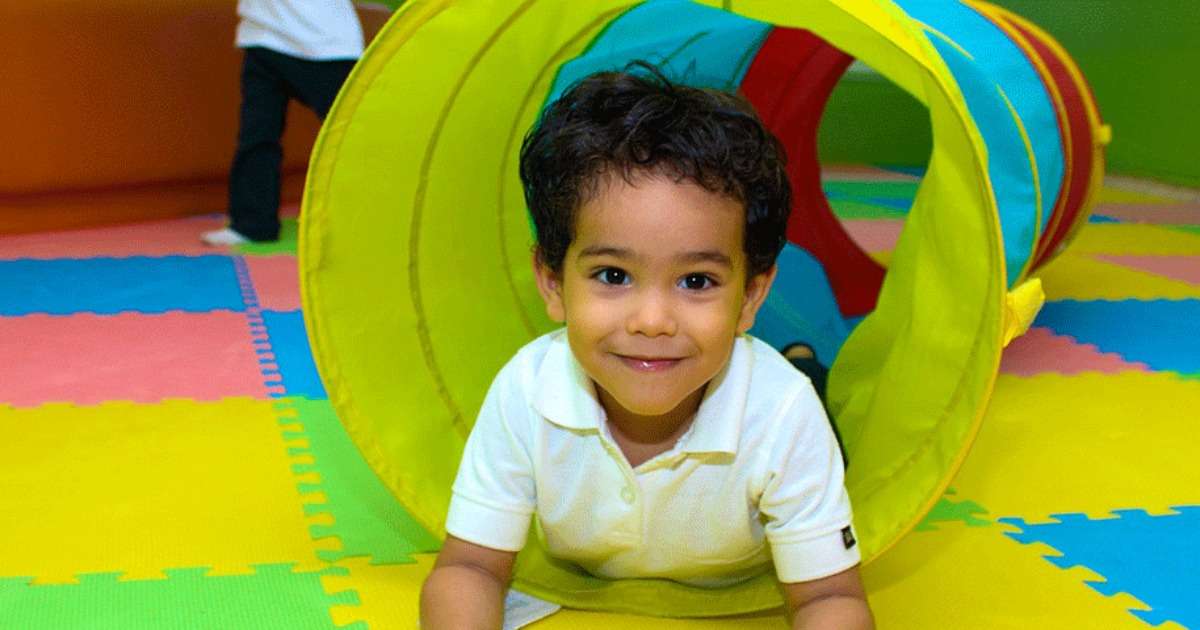
The effectiveness of physical therapy sessions for children with cerebral palsy
Researcher Sébastien Vanderlinden is committed to describe which and how long physical therapy skills are performed during NDT sessions.
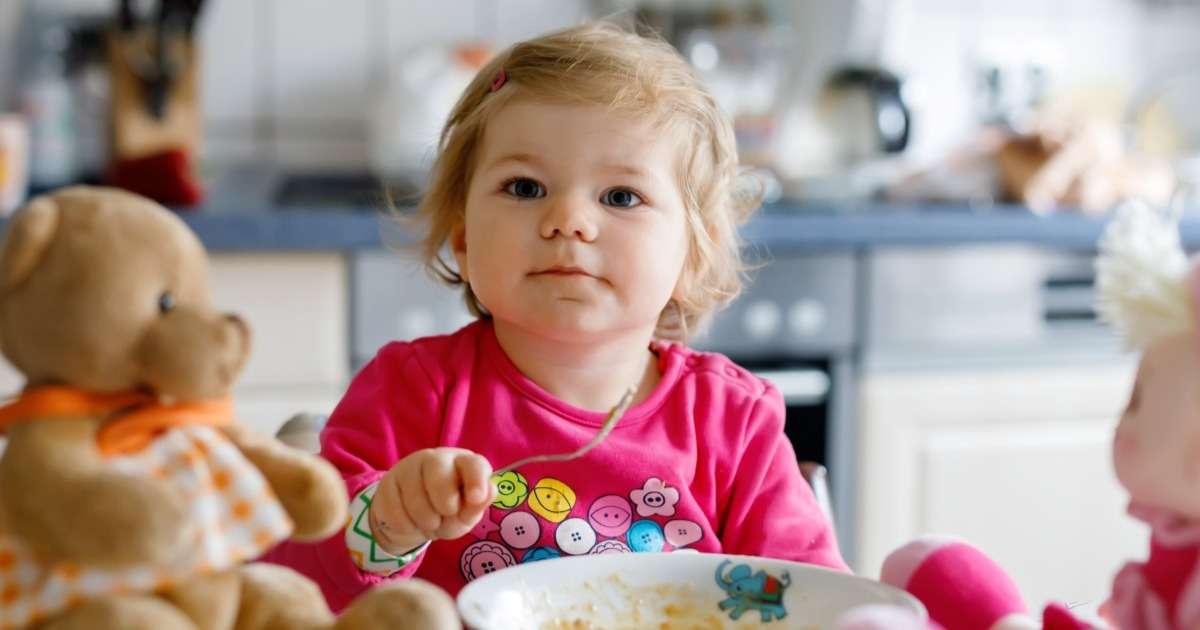
Analyzing the mealtime behaviors of children with autism
Disrupted mealtimes and feeding challenges may risk the development of family stability, as well as the social skills and well-being of a child. Which strategy should families use to support meal time engagement?

Smile like you mean it
Of all human expressions, a smile is the most universal. But can you tell which smile is real and which is false?
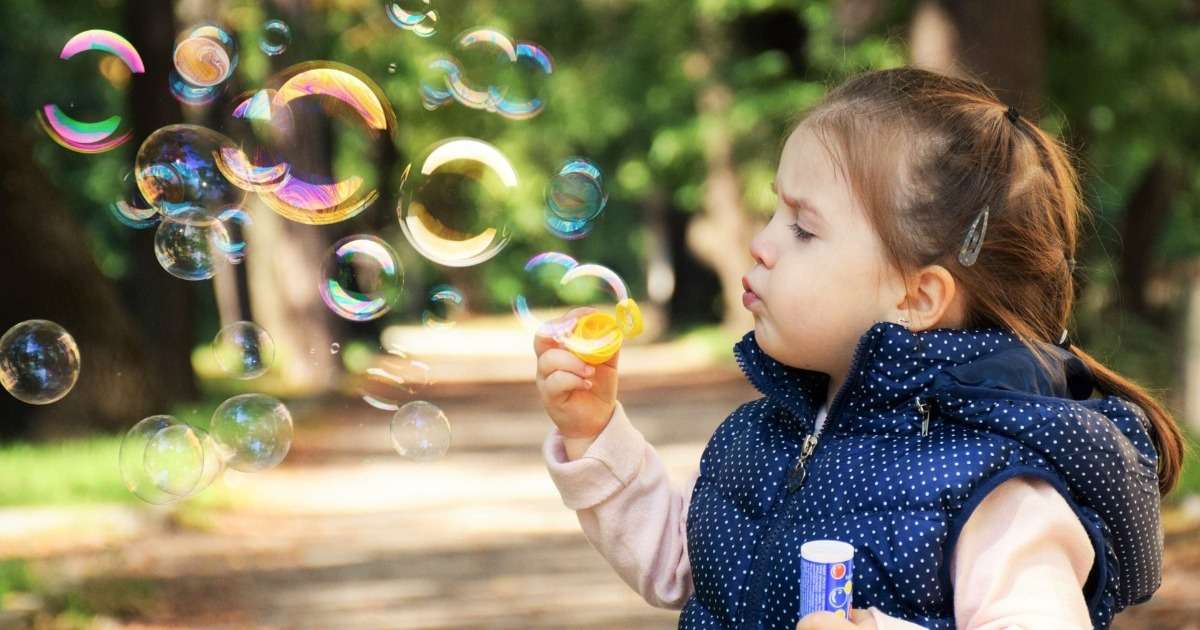
Top 5 blog posts about autism
World Autism Awareness Day is an internationally recognized day on April 2nd. A good reason to sum up the top 5 best read blog posts about autism of the last year for you.
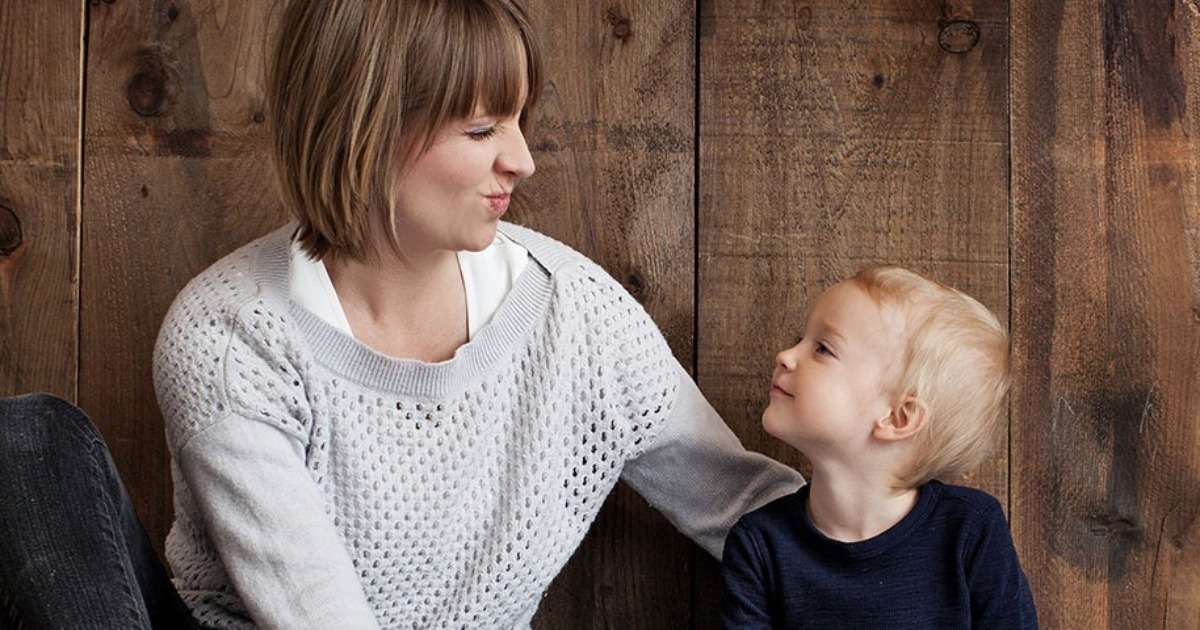
How to study communication in young children
If you are born profoundly deaf, it is very likely that modern technology in the form of cochlear implants can improve your hearing.

Understanding face perception in ASD
Researchers at KU Leuven want to gain more insight into whether or not there are differences in the implicit abilities of children with ASD to detect faces, different identities, and different expressions.
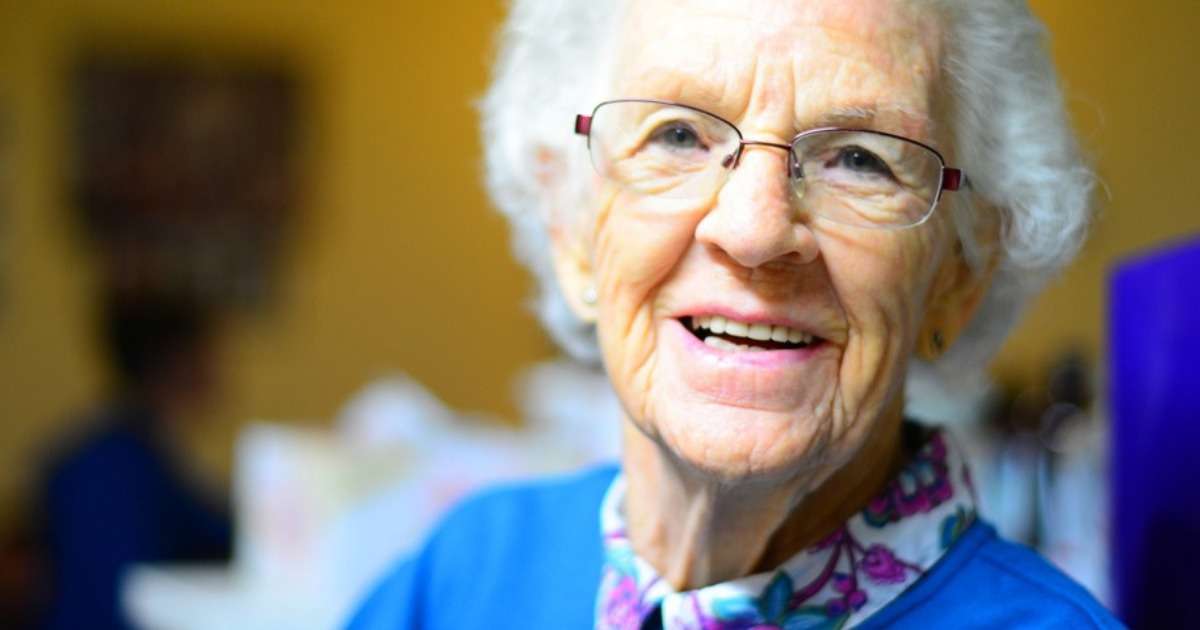
In home study of older persons
Older people are healthier these days and like to live in their own homes as long as possible. As a result, the need for home care services is increasing.
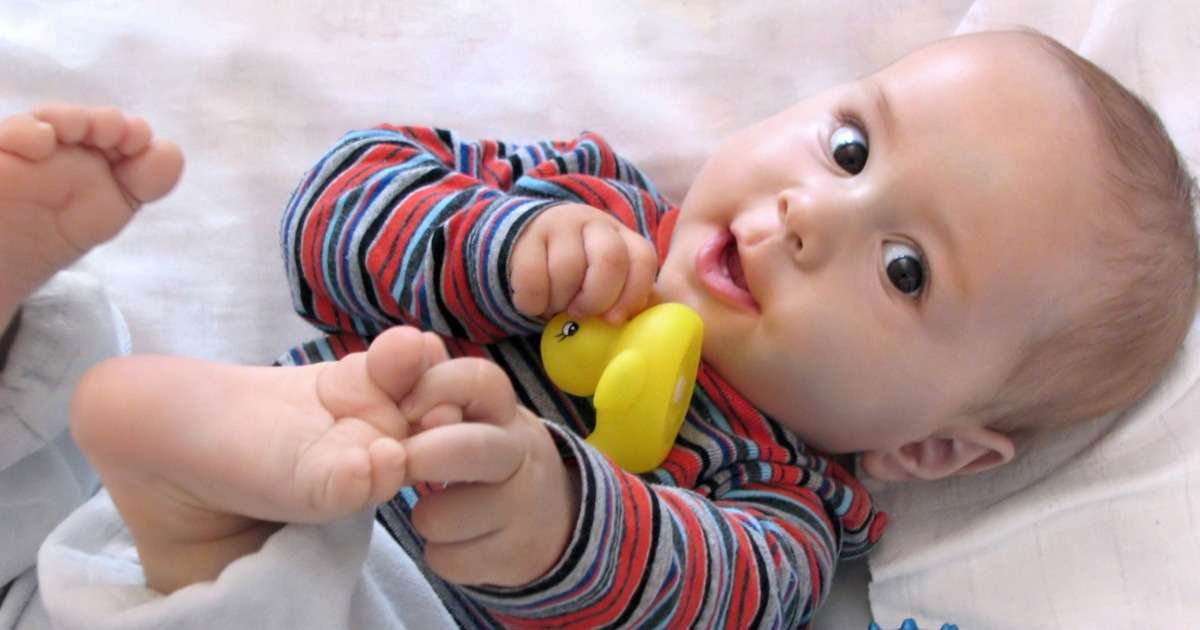
The response of oxytocin to mother-infant interaction
Researcher Rebecca Knapp was interested to know whether infant eye gaze away from the mother, or eye gaze directed to the mother, would correspond to increased maternal oxytocin. Read her blog post to learn more.

Interview skills training for adolescents with language disorder examined
The study of Mathrick and colleagues evaluated an interview skills training package targeting both verbal and non-verbal skills for adolescents with severe and persistent Language Disorders.
